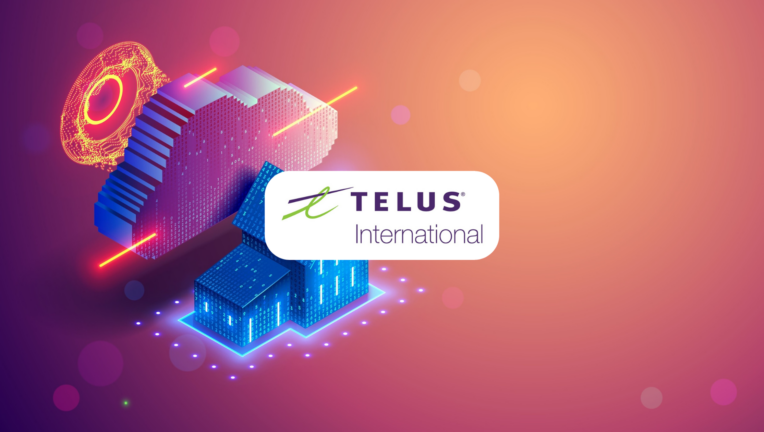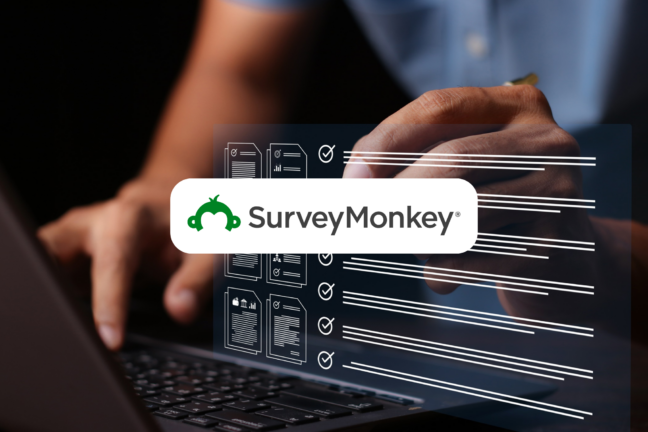Embarking on the next frontier of financial technology, a recent Google Cloud survey unveils a compelling narrative—banking C-Suites are not just navigating but skillfully riding the transformative wave of generative AI. The survey sheds light on how top executives are strategically embracing the power of AI to shape the future of finance.
For starters, the majority of banking executives (92%) cited there is a high demand for gen AI within the industry. Ninety-five percent of them believe it has the potential to transform banking and increased interest is driving senior leadership to get more involved in technology decisions. Similar findings were revealed in a recent Talkdesk survey which shows a growing trend of AI adoption within contact centers, particularly aimed at enhancing the overall customer experience.
While there's substantial demand and optimism in the industry, a notable generational gap among consumers is evident. Just under half of millennials and Gen Z respondents (18-44 years old) express comfort with gen AI applications for enhanced customer experiences, while only 20% of consumers aged 55 and above share this sentiment.
"Gen AI isn't just a new technology buzzword—it has the potential to revolutionize the way we live, work, bank, and invest. This recent research reinforces what we've been seeing in the banking industry for the past six months, which is that gen AI can represent a massive productivity and operational efficiency opportunity. Gen AI can also help create hyper-personalized digital experiences that consumers are demanding, especially as the next generation of banking consumers become more comfortable with the technology," said Zac Maufe, Global Head of Regulated Industries, Google Cloud.

GenAI may be the key to cost savings
Operational efficiency is the number one priority for almost every organization. According to the survey findings, almost half of banking executives are confident that gen AI can bring to the industry exactly that - delivering the best results at the lowest cost possible. Further, more than a third of executives at national banks said that gen AI will be responsible for up to 80% of cost savings over the next five years.
Respondents also cited better data analysis and predictive analysis (45%) and improved fraud detection and security (44%) as additional benefits of gen AI. Naturally, 33% of executives said more accurate card fraud detection was another benefit of this technology.
When it comes to gen AI use cases within the industry, the possibilities are endless. For example, gen AI could take care of new marketing content such as advertisements, offers, and social posts - with the help of a human, of course. Assisting in code creation and summarizing complex financial data are other useful use cases. Perhaps most importantly, gen AI could predict risk scenarios and avert crises.
"Banking leaders are no longer just experimenting with gen AI; they are building and rolling out use-cases that can improve operational efficiency. We believe that banks that will succeed in the future are those that are identifying use-cases that solve specific business problems and are grounded in their organization's strategy. This can enable them to measure the results easily, and encourage leadership buy-in," said Yolande Piazza, VP, Financial Services, Google Cloud.
Gearing up for regulatory revolution
A synchronized global effort to regulate AI is taking shape. In the U.S., a pivotal meeting between lawmakers and tech leaders in mid-September yielded a resounding agreement on the imperative need for AI regulation. At the same time, the EU has proactively commenced auditing AI algorithms and the underlying data of prominent platforms that meet specific criteria.
According to the survey findings, for 39% of respondents, regulatory compliance uncertainty is one of the top drawbacks for the industry to adopt gen AI. However, many of them are taking steps to prepare for current and anticipated regulatory changes.
To make this come to life, 36% of executives are working with their gen AI partners to better understand the risks, 35% are investing in advanced encryption and data security tech, while 34% are deploying AI-powered threat detection and prevention systems.
"As financial institutions start to realize the business value from generative AI and make significant investments in the technology, our research shows that they may also face challenges with adoption given the highly regulated nature of the industry. We believe that by taking a proactive approach to risk management, banks can ensure that they are using this powerful technology in a safe and responsible way," added Maufe.
Banking executives actively scouting for AI talent
In anticipation of deploying gen AI tools, bank executives are focusing on key preparations which include investing in cloud technology for data migration (49%), revising AI data policies (49%), and engaging in discussions with regulators to emphasize the benefits of the technology (45%).
Data security issues remain a top concern when implementing gen AI. Additionally, 50% of executives say their biggest issue is the talent and skills gap. Almost all surveyed respondents (99%) said they are actively hiring talent to support gen AI initiatives.
The most popular roles that bank executives plan to hire include AI quality assurance testers (34%), AI strategy consultants (32%), and AI product managers (30%). The most desired skill set consists of knowledge of the cloud (49%), understanding of AI ethics and regulations (49%), programming language skills (48%), and others.









